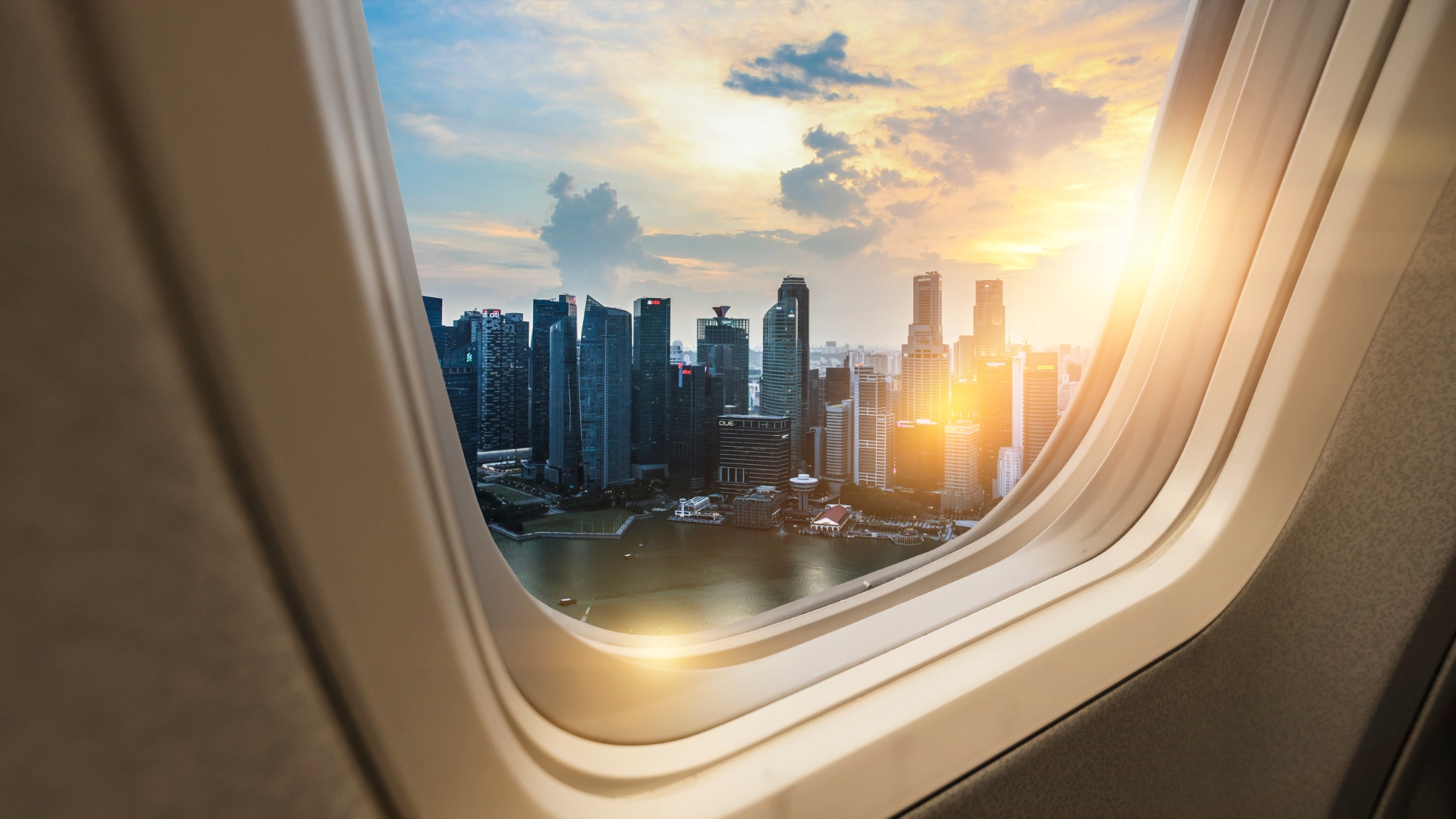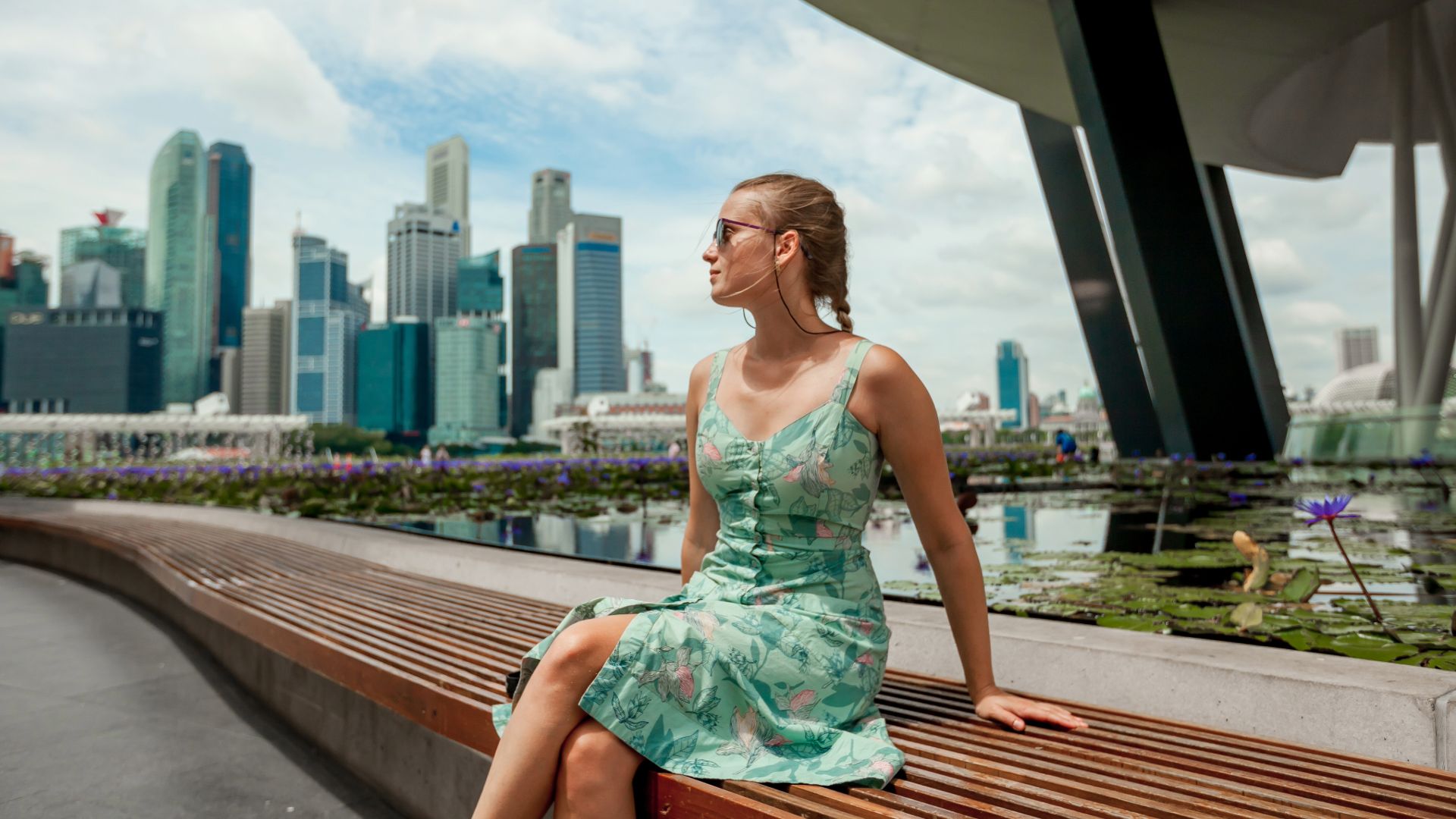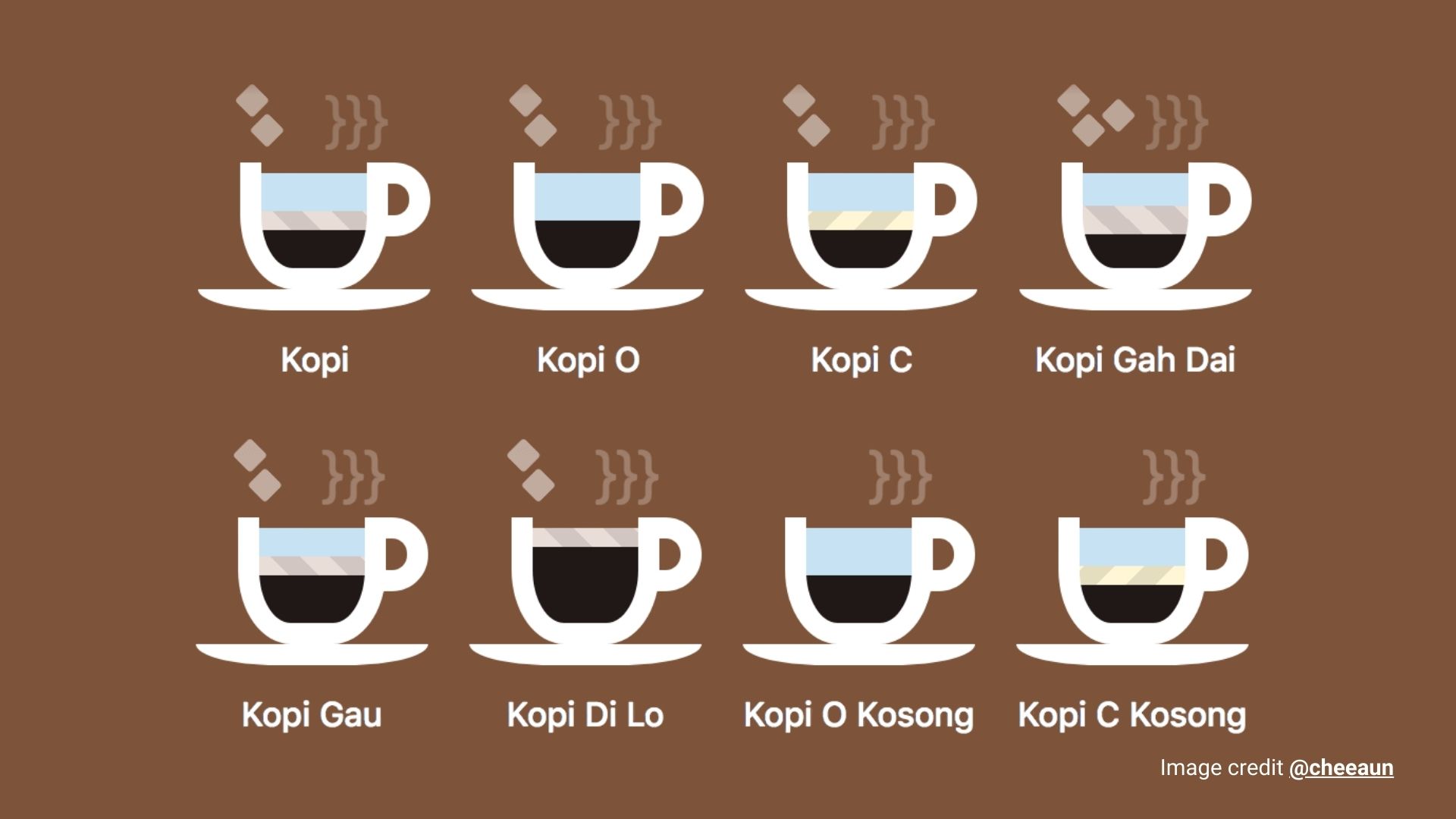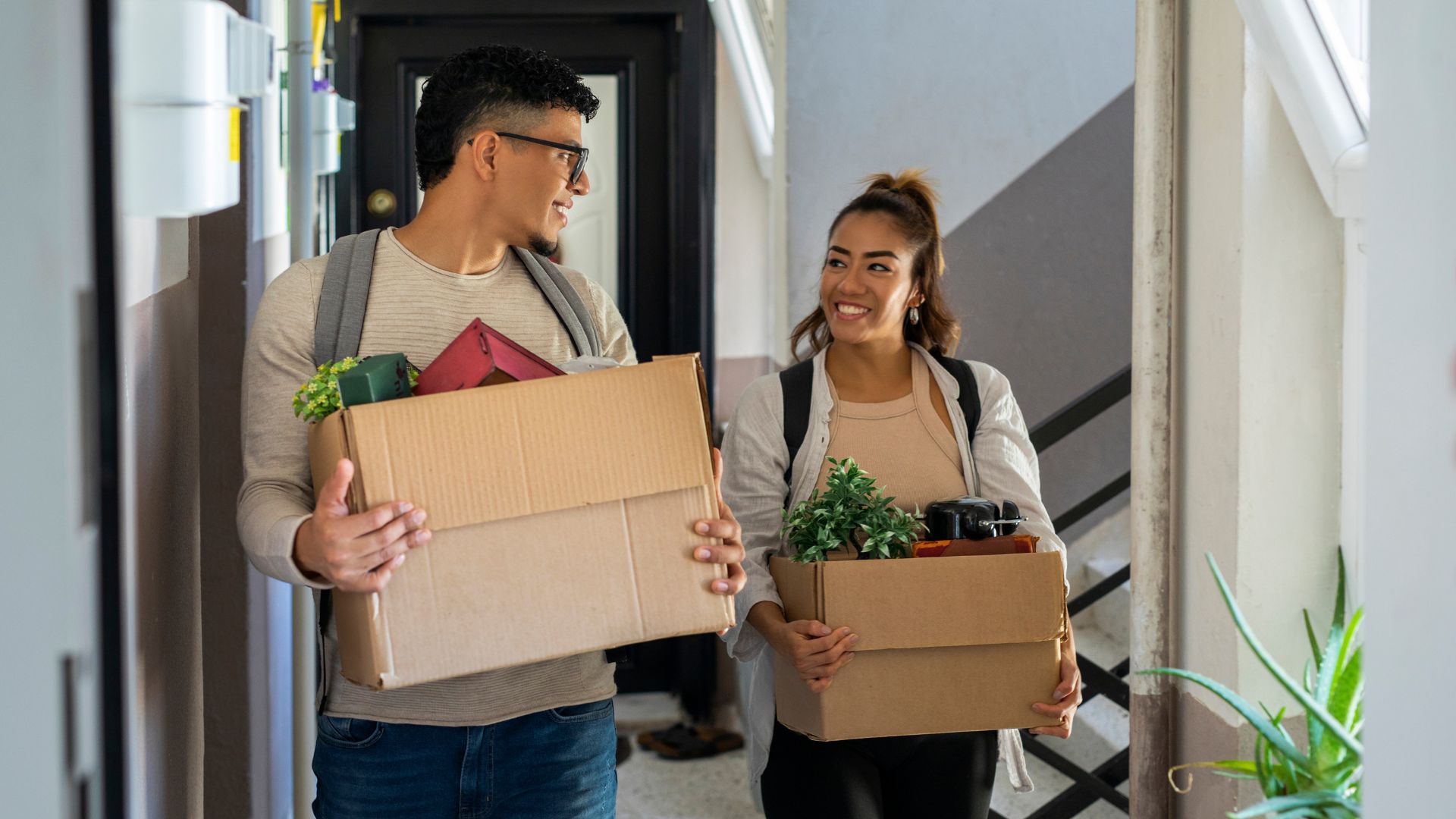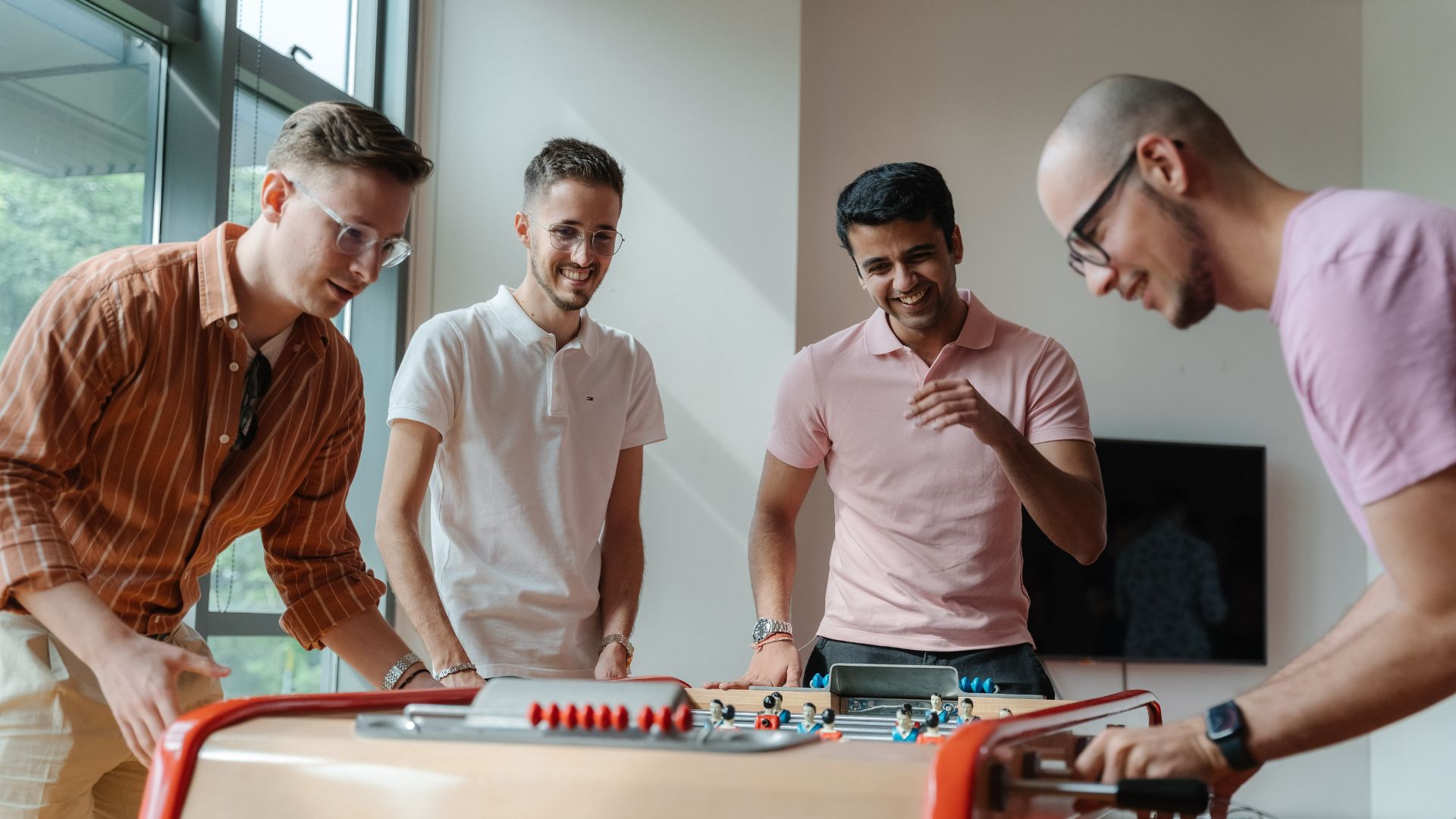Singapore is often described as clean, a city in a garden, and a foodie paradise.
However, for international students who have yet to visit, it can be difficult to imagine what life is like and how they will adapt to living and studying in the country.
To paint a clearer picture of life in Singapore, ESSEC Asia-Pacific Global Bachelor of Business Administration (GBBA) Student Ambassadors address some of the top questions one might have.
1 | How safe is Singapore?
Extremely. Singapore was ranked the third safest city in the world, and according to Gallup, 94 percent of adults feel safe walking alone at night in the country, which is higher than the global average of 68 percent.
Testifying to the country’s security, Jiayin Cai, a GBBA Student Ambassador from China, recalls being shocked at how comfortable locals are leaving their belongings unattended in public.
“They will even use their mobile phones to reserve a table when they buy food,” she exclaims. It’s that safe!”
2 | What language do the locals speak?
As most of Singapore’s population is Chinese, GBBA student Olivia Gunawan, from Indonesia, worried she’d struggle because she didn’t understand Mandarin.
Upon reaching, she was glad to find that although the multicultural nature of the country makes it common to hear people speak in Mandarin, Malay, Hindi, and more, English remains the language of business and education.
“Everyone here speaks English,” she affirms. Reflecting on her initial concerns, she says: “It’s helpful to speak Chinese, but it’s not a problem if you can’t!”
3 | How do international students get around the country?
Mass Rapid Transit (MRT) lines, buses, ride-hiring, and bike-sharing services are available.
“You don’t need to worry about being late for class because public transport is almost always on time and very clean and safe,” Jiayin shares.
As ESSEC Business School is easily accessible from two train stations, Buona Vista station, and one-north station, MRT is often the top choice for her and many classmates.
4 | Is it hard for students to find a place to stay?
Co-living options are becoming increasingly popular, but GBBA students mostly opt for a condominium or Housing Development Board (HDB) flat (Singapore’s equivalent of public housing).
The former comes at a slightly higher price point but offers private facilities such as a swimming pool, gym, tennis courts, and more.
There are plenty of options for condos and HDBs around the island, and students can choose between renting a room or renting the entire apartment.
In GBBA Student Ambassador Ethan Delaunay’s experience, finding a place to stay has been smooth—with virtual viewings and the help of an agent; he managed to do it while still living in France.
It’s also easy for those hoping to find flatmates. “If you go on Instagram and other social media, you’ll realize over 100 students are coming to Singapore.
You can easily find people who are also looking for an apartment and connect with them,” Ethan says.
5 | What is the food like?
Singapore is known for being a food paradise, and cuisine from around the world—Indonesian, Chinese, French, Korean, and more—is available.
Countless dining options exist, but the most popular and affordable for GBBA students are food courts and hawker centers (outdoor food courts).
“Most of the food you find in a food court is not expensive,” Vivien Cotier, a GBBA Student Ambassador from France, shares.
Options like steak are more expensive than local food, but they are still very affordable,” he adds, noting that with hawker centers and food courts so easily accessible and the wide variety of options in each, it’s often easier not to cook!
Learn more about living in the city-state from our guide to Singapore.
RELATED POSTS
From Tourist To Temporary Local: How To Feel At Home In Singapore
Making the transition from visitor to confident resident.
Understanding Singlish: A Fun Guide to ‘Lah’, ‘Can’, and More
Dive into the quirky charm of Singlish and learn how local expressions like 'lah', 'can', and 'shiok' reflect the heart of Singaporean culture.
How to Settle into Singapore in Your First Month
A checklist to help ESSEC Asia-Pacific students adjust quickly and confidently.
Singapore on a Student Budget: Your Ultimate Savings Guide
Discover smart tips and insider hacks to live affordably in Singapore while enjoying all the city has to offer as a student.
First Week in Singapore: What to Expect and How to Prepare
Your go-to guide for settling in at ESSEC Asia-Pacific.
How to Make the Most of Your Time in Asia
To truly make the most of your time in Asia, focus on profound personal transformation by stepping beyond familiar academic and tourist activities…


